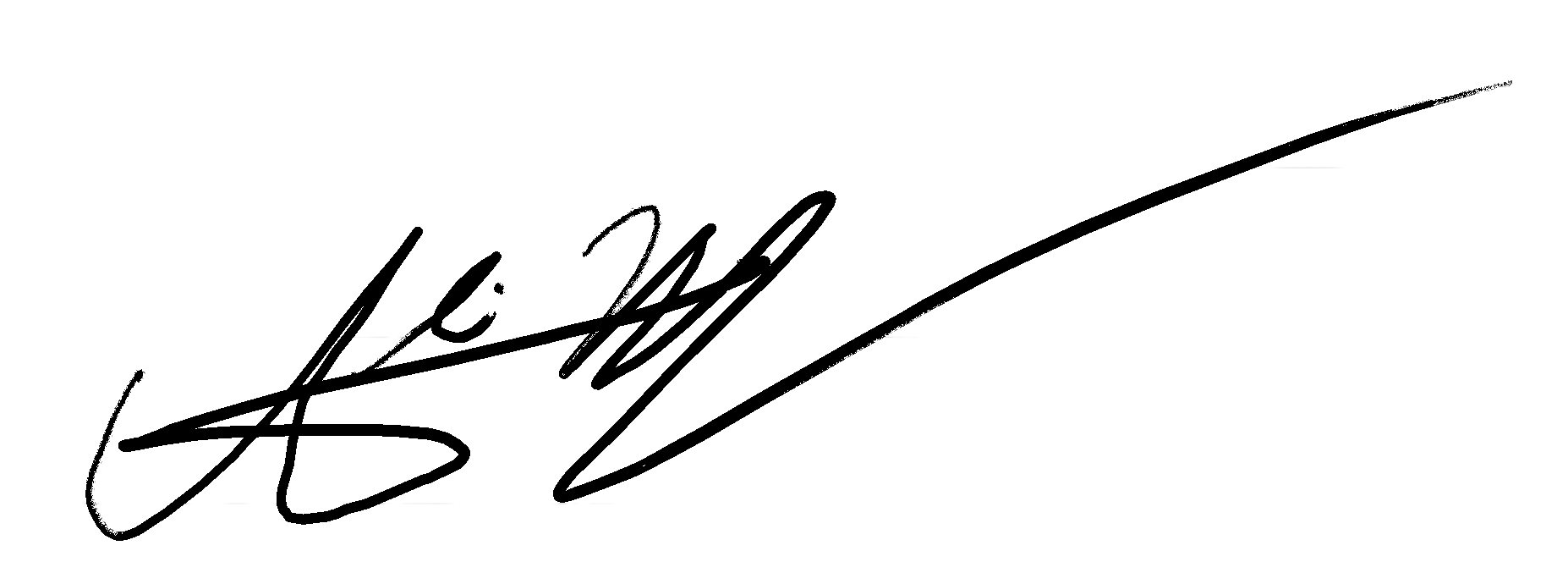The edge of my capacity? (a reflection after 1st year of medical school)
A raw, introspective look in to med school's relentless demands and the personal sacrifices that blur the lines between purpose, survival, and scale.

It’s the morning after my last exam of the first year of med school.
I stay in bed—not out of exhaustion, but because I can’t remember how I normally start my day. The rituals are gone. I haven’t journaled in weeks. I don’t know what the last page says or what I was even working toward. That scares me more than any exam ever has.
Before med school, I’d wake up at 5 a.m. and train everyday. That time was sacred.
Now, 5:30 to 8:00 a.m. is the only window I have to study for classes later on that same-day. Afternoons are for review. Evenings go to client calls, JANUS, or anything else I can’t afford to fall behind on.
Then, as exams approach, even those hours disappear—eaten up by study groups and last-ditch cramming. And somewhere in that cascade, I start breaking promises. Outreach stops. Communication lapses. Clients wait. Three five-figure deals die in silence. I say I’m “reinvesting in the business,” but I forget to keep reserves. When the faucet slows, I feel the weight of every dollar that had no backup plan.
None of this feels like burnout. I always disliked that word and never felt it.
As my first year of med school concludes, I feel, perhaps, disintegration.
When JANUS grows, I question medicine.
When medicine moves forward, I question JANUS.
And then sometimes—honestly—I just want to walk away from both and go farm in China.
This tension isn’t unique to me. It’s what every ambitious person meets at the edge of their capacity:
- The temptation to optimize everything
- The burden of being good at too many things
- The lie that more opportunity always means more freedom
We think the enemy is failure. But often the real enemy is being almost successful at too many things.
None of this is due to lack of ability. I can balance med school and a business. That wasn’t the problem.
The problem is the subtle cost of fragmented attention.
There’s a version of me that built JANUS from scratch and grew it to six figures in under a year—because it had my undivided energy. No class schedule. No double life. Just focused iteration and forward motion. That business wasn’t born from productivity hacks. It was born from singularity.
Every step away from that came with the hidden tax of divided presence.
There’s a line that stays in my mind:
“You don’t drown by falling into the river. You drown by staying submerged in it.”
Paulo Coelho
This year, I fell in. I told myself I’m managing. Adapting. Performing.
But I was also slipping—away from clarity, away from rhythm, away from myself.
The worst part is that no one notices. Because externally, everything looks fine.
The goals are checked. The momentum continues. But internally, you feel like a ghost in your own calendar.
This is what I mean by fragmentation. It’s not failure. It’s erosion.
I don’t write this for sympathy. I write it because no one talks about it clearly. Until I met other people who thought like me, I felt I was alone in the challenges I faced and the goals I set for myself.
The people who can do many things often try to do everything. And the world rewards them for it. But eventually, you hit a ceiling that has nothing to do with capability and everything to do with coherence.
You don’t lose because you’re weak.
You lose because your power is spread too thin to be felt.
I have 2.5 months now. No exams. No daily lectures.
And I’m not filling the space immediately. I’m listening to it.
I’m asking harder questions:
- What am I actually trying to build?
- What is worth sacrificing for?
- What kind of clarity requires stillness to appear?
Because clarity isn’t passive. It’s earned. And sometimes, the only way to find it again is to stop pretending you already have it.
I used to think the greatest privilege was doing many things well.
Now I think it’s being able to do one thing, fully—without distraction, without justification, without apology.
Which brings me to the only quote I trust enough to end on:
“Pay the world whatever it costs to let you think.”
Naval
